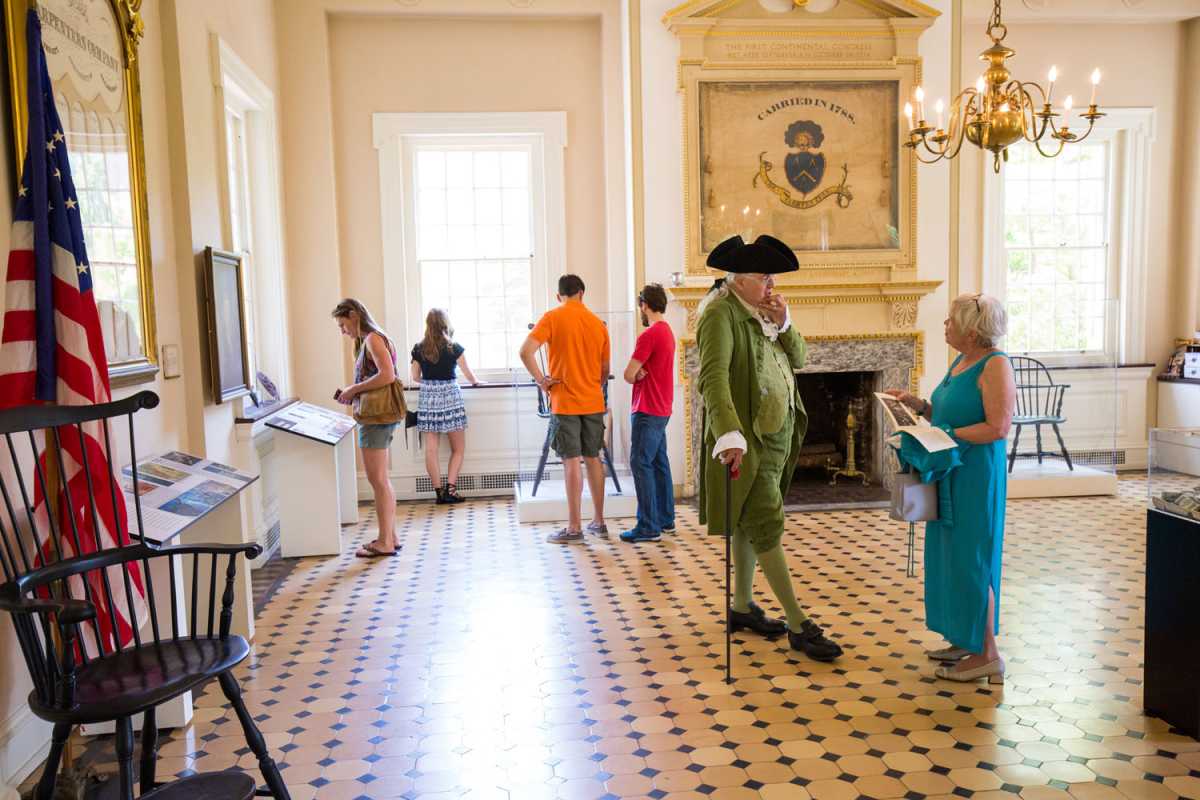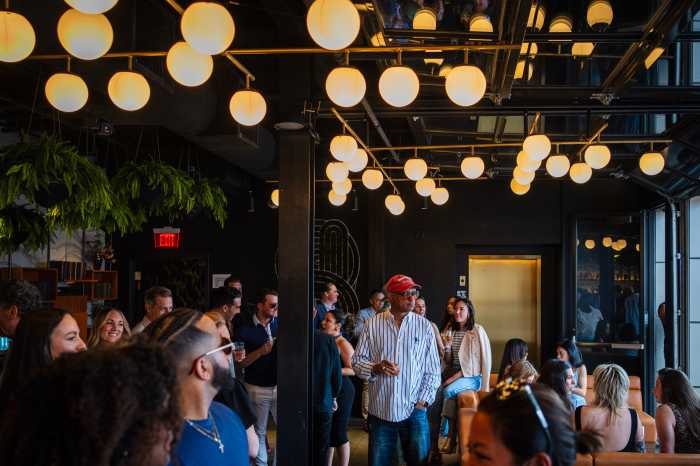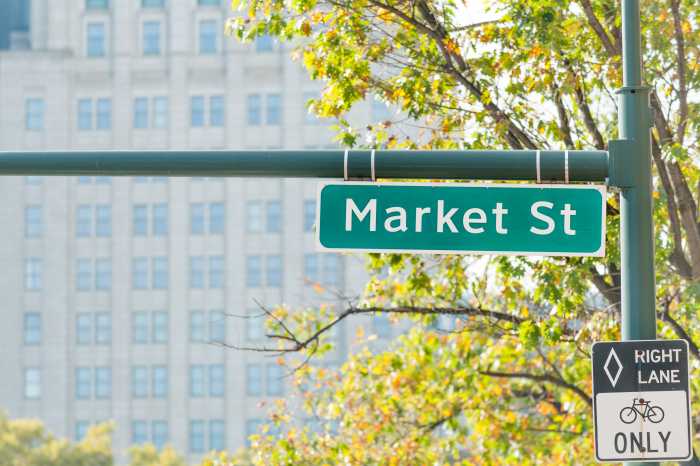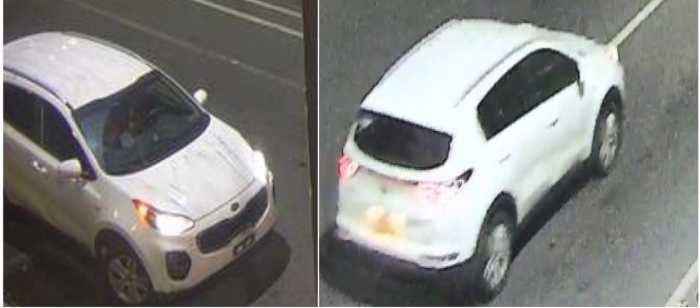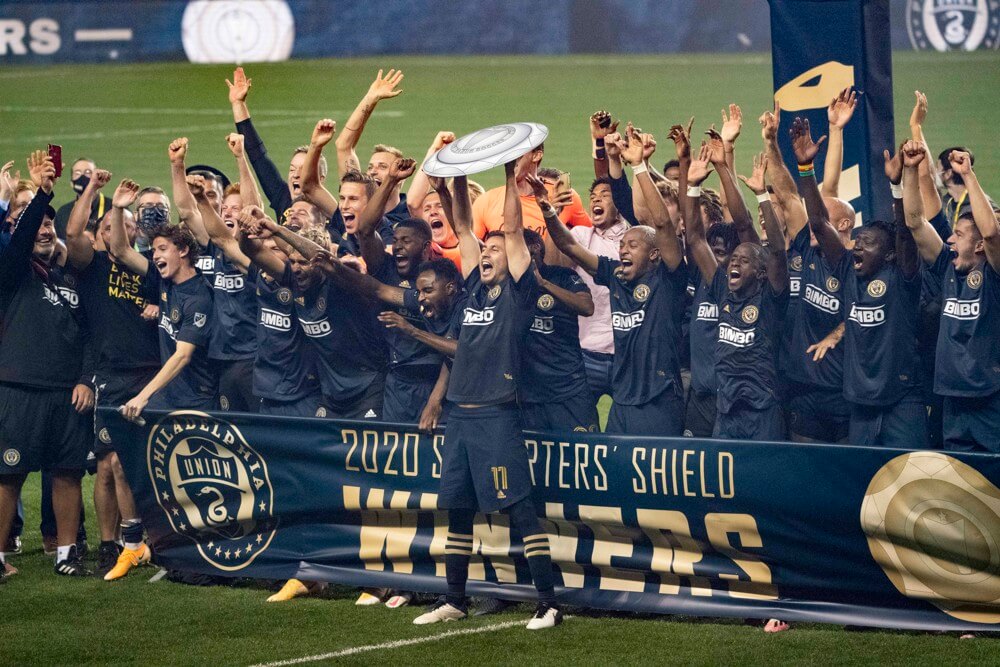In three weeks, the tradition of prayer — “for better or worse” — in Congress is turning 250, and it actually all started right here in Philadelphia at Carpenters’ Hall.
To learn more about the tradition — which was conceived locally during the First Continental Congress at the Hall in 1774 — locals and tourists alike can head to the Old City establishment on Sept. 5 and 7. Both days will host events and activations asking the question: What role should faith play in American democracy today?
“Prayer in Congress is actually older than the Declaration of Independence and the Constitution,” said Michael Norris, Executive Director, The Carpenters’ Company and Carpenters’ Hall in a statement. “A conversation about faith in our governmental institutions is well-timed, given the 250th anniversary, the current rise in Christian nationalism, and the focus on religion in the 2024 presidential race.”
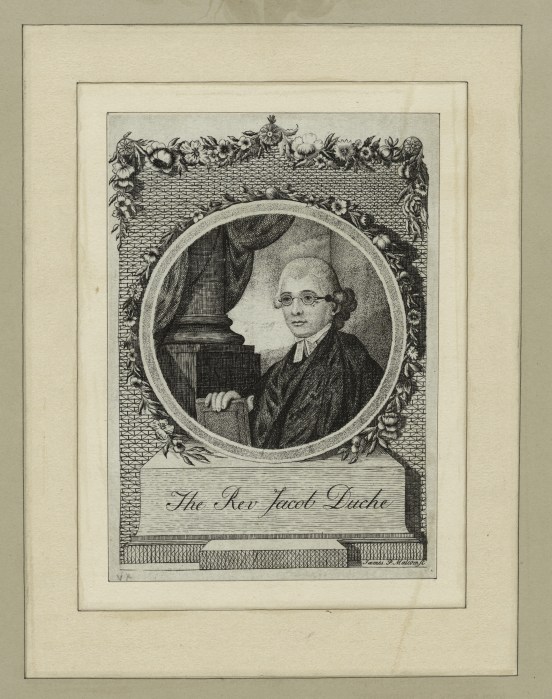
Prayer in Congress was officially started by Rev. Jacob Duché of Old City’s Christ Church through a suggestion by Samuel Adams. Duché removed King George III from his prayer list and in 1776 became the first official congressional chaplain.
In today’s world, a one-minute prayer delivered by chaplains still open each day for the House and Senate. And as the release also notes, in recent times, the Supreme Court has debated the constitutionality of the position of Congressional Chaplain several times. While guest chaplains from various faiths and demographics have been brought in, there have historically been very few non-male, non-white, non-Protestant Chaplains—though the current Senate chaplain, Rear Admiral Barry C. Black, is the first Black chaplain in the country’s history.
On Sept. 5, an event titled ‘Faith and Democracy and the Legacy of the First Prayer in Congress’ will feature nine local faith leaders from Christian, Jewish, and Muslim congregations discussing and debating prayer and religion in American government and civic culture.
While there, John Fea, professor of history at Messiah University and author of ‘Was America Founded as a Christian Nation’ will provide historical context through a partnership with the Dialogue Institute. ‘Faith and Democracy’ will take place from 5:30 to 7 p.m. at the American Philosophical Society’s Benjamin Franklin Hall, at 427 Chestnut St.
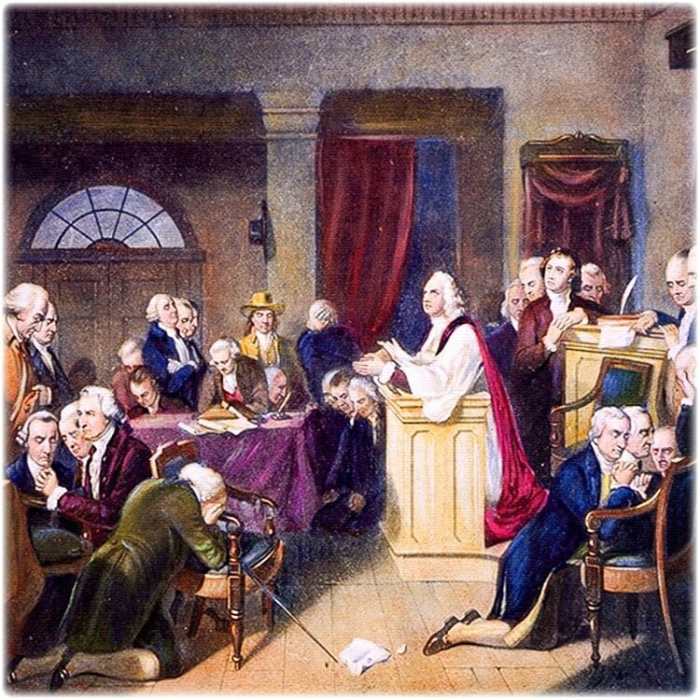
Then on Sept. 7, exactly 250 years since the first prayer in Congress, Carpenters’ Hall will host a free public reading of the invocation, plus there will be a brief reading outside of Carpenters’ Hall at 11 a.m. Following that, attendees will then be welcomed into the venue to explore its grounds and see two versions of a famous painting depicting Rev. Duché and the delegates in Carpenters’ Hall.
The building itself is an artifact, with plenty of historical events and happenings engrained in the walls’ memories on top of the First Continental Congress. For instance, Carpenters’ Hall was once home to Benjamin Franklin’s Library Company of Philadelphia, the American Philosophical Society and the First and Second Banks of the United States.
Artifacts wise, Carpenters’ Hall also houses two original Windsor chairs, including one used by the president of the First Continental Congress, Peyton Randolph.
Before the British captured Philadelphia in 1777, it is said that members moved the chairs to their homes for safekeeping and branded them with the words “Carpenters’ Co.” under the seat, and the Hall now holds a couple of those very chairs. Other artifacts found inside the site include gilded frame membership boards, a model of Carpenters’ Hall, paintings of George Washington and early Company member Matthew McGlathery, and officers’ furniture from 1890.
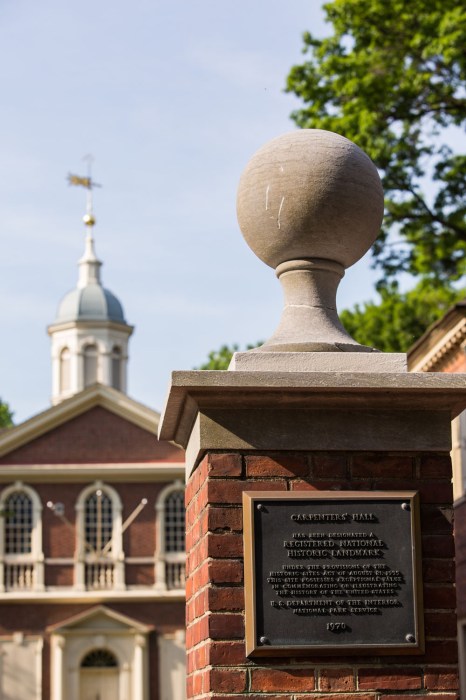
Philadelphians can learn more about all of the history involved with Carpenters’ Hall (320 Chestnut St.), and info on the upcoming events next month by visiting the venue’s official site at carpentershall.org



